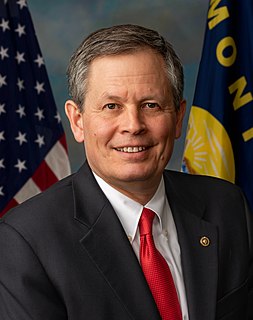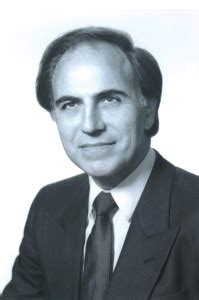A Quote by Simon Schama
Growing up in Britain as a rather loose Jew, the two things that didn't belong together were freedom and religious intensity. In America, they do. The Founding Fathers made a bet that if you didn't force everyone to profess religion in their own particular way, you could protect intellectual freedom, and religion would flourish.
Related Quotes
Today courts wrongly interpret separation of church and state to mean that religion has no place in the public arena, or that morality derived from religion should not be permitted to shape our laws. Somehow freedom for religious expression has become freedom from religious expression. Secularists want to empty the public square of religion and religious-based morality so they can monopolize the shared space of society with their own views. In the process they have made religious believers into second-class citizens.
The prescience of the founding fathers continues to astonish me. They were freedom fighters. They made America. They gave us this magical country. They also were slaveowners - which is confusing to their legacy. How could such brilliant men have only secured freedom for themselves, but not their wives or their slaves?
The idea of separating church and state by the Founding Fathers of America was freedom from the domination of one form of religion, because many of them left England, because they were persecuted by the church, because they want to express their Christian faith in a different way. So it was a bit of warfare between Christians.
In Europe, the Enlightenment of the 18th century was seen as a battle against the desire of the Church to limit intellectual freedom, a battle against the Inquisition, a battle against religious censorship. And the victory of the Enlightenment in Europe was seen as pushing religion away from the center of power. In America, at the same time, the Enlightenment meant coming to a country where people were not going to persecute you by reason of your religion. So it meant a liberation into religion. In Europe, it was liberation out of religion.
Over the years my religion has changed and my spirituality has evolved. Religion and spirituality are very different, but people often confuse the two. Some things cannot be taught, but they can be awakened in the heart. Spirituality is recognizing the divine light that is within us all. It doesn't belong to any particular religion; it belongs to everyone.
There are two visions of America. One precedes our founding fathers and finds its roots in the harshness of our Puritan past. It is very suspicious of freedom, uncomfortable with diversity hostile to science, unfriendly to reason, contemptuous of personal autonomy. It sees America as a religious nation. It views patriotism as allegiance to God. It secretly adores coercion and conformity. Despite our constitution, despite the legacy of the Enlightenment, it appeals to millions of Americans and threatens our freedom.








































